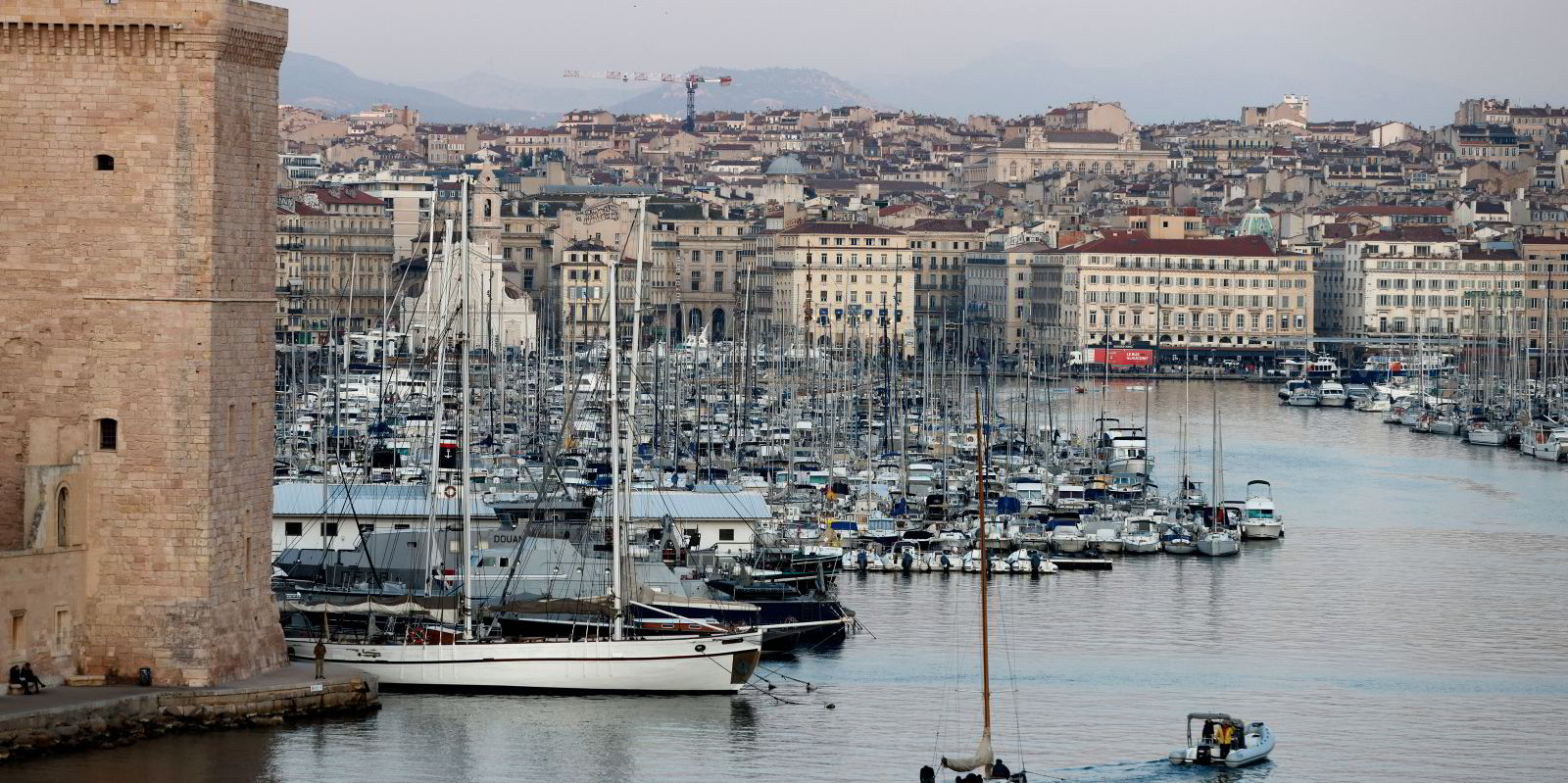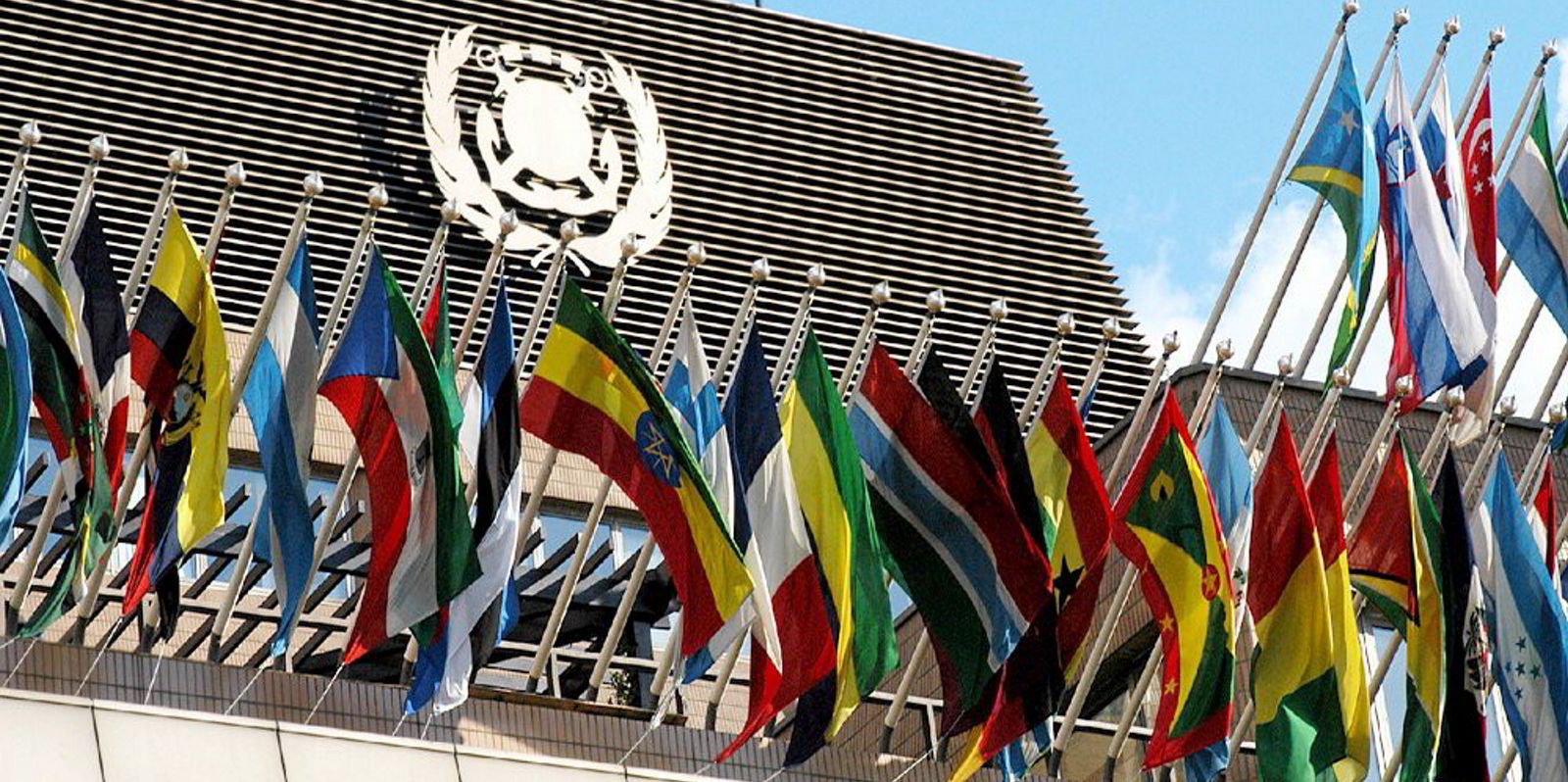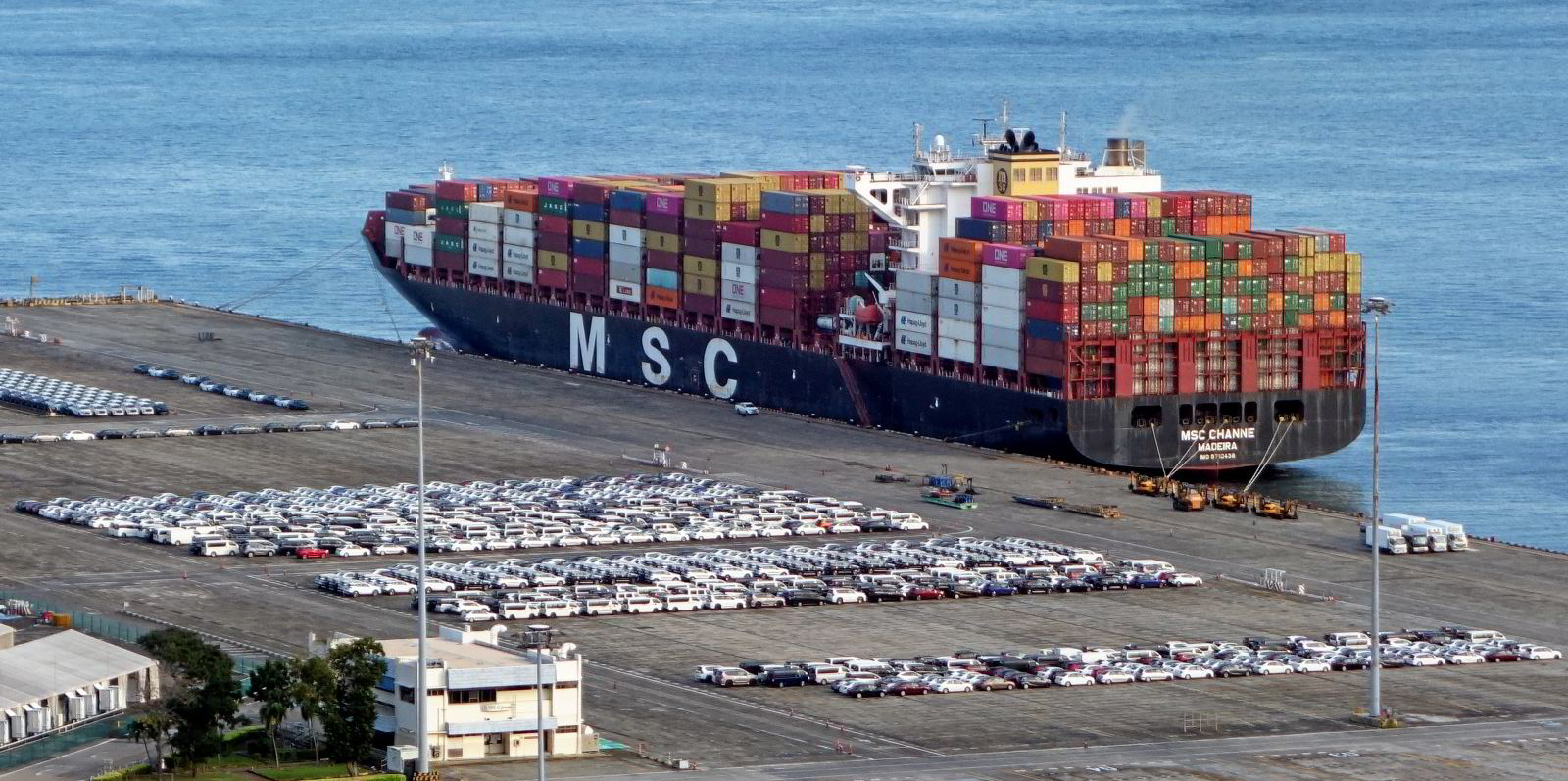The world’s biggest cruise lines have agreed to be more responsible when sailing in southern French waters.
The Cruise Lines Industry Association (CLIA), the world’s largest cruise industry trade association , entered into a 13-point “sustainable Mediterranean cruise charter” with authorities in the region.
The document significantly extends the scope of an existing set of guidelines that had so far applied to a much narrower strip of water near Marseilles.
The document’s starkest pledge concerns emissions sees CLIA promise that its members, representing 95% of the world’s oceangoing cruise capacity, will use maritime fuels producing less than 0.1% of SOx emissions on what is known as a mass-by-mass basis.
This pledge is to enter in force from January next year within three nautical miles (5.6 km) from France’s Mediterranean shores.
The measure will tighten further from 2024 onwards, applying to all of France’s territorial waters in the sea, meaning 12 nautical miles from land.
The charter effectively turns France and the international cruise industry into early adopters of an Emissions Control Area (ECA) in the Mediterranean Sea.
A motion to declare a Mediterranean ECA is currently winding its way through the International Maritime Organisation, following pressure by coastal states and environmental groups.
The IMO’s Marine Environment Protection Committee is to decide on a date for the new ECA when it next meets in December. Past practice suggests that its limits would enter into force 16 months later, meaning around the the middle of 2024.
Ships would then be likely exempted from complying with the new ECA for another 12 months.
Out of Marseilles
According to French daily Le Monde, pressure to impose local constraints on cruise ships originated in Marseilles. The city hosted 540 cruise ship calls so far this year and where the maritime industry is estimated to account for 38% of all SOx emissions.
Major cruise companies Costa Group, Royal Caribbean Group, MSC Cruises and Ponant already agreed on best practices with the city of Marseilles three years ago.
“There’s strong demand by our fellow citizens to limit the impact of maritime pollution,” French secretary of state for the seas said in Le Monde after the signature of the new, wider charter.

The document obliges CLIA members to additional constraints.
In order to minimise NOx emissions, cruise lines will prioritise employing ships that can draw their entire electricity from onshore power stations when docked.
Every time they detect large marine mammals within French territorial waters, cruise ships will voluntarily slow down to speeds below 13 knots.
If the encounter takes place within Pelagos, an environmental protection zone covering large swathes of the Mediterranean between France and Italy, ships should change course as well.
Enforcement of these rules is not left to depend on companies’ good will alone.
The French state will entrust control to an organisation, which will provide compliance certificates on an annual basis. Cruise ship operators have pledged to maintain documentation and provide access to the data.





